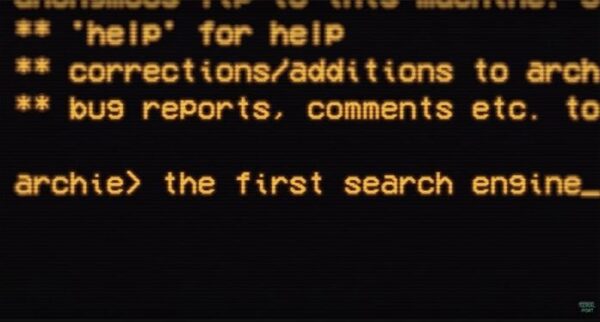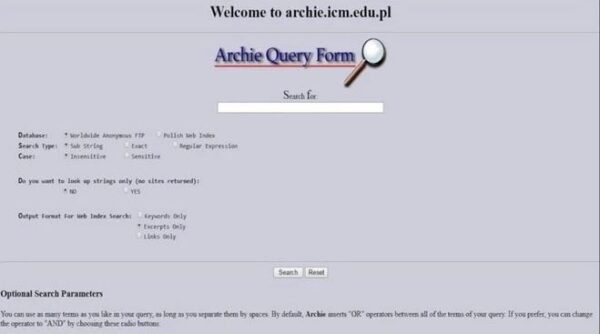A group of YouTube content creators has rediscovered and “revived” the final version of Archie, the world’s first search engine.
Archie was developed by computer scientist Alan Emtage in 1989 while he was a student at McGill University in Montreal, Canada. This tool enabled searches across numerous “anonymous” FTP servers among a network of universities, researchers, governments, and the military.
Despite its pioneering status, Archie nearly vanished after more than three decades, overshadowed by more advanced search engines like Google, Bing, and Yahoo.
Nonetheless, Archie’s impact on the Internet search industry and technology as a whole is significant. This legacy inspired the content creators of the YouTube channel “The Serial Port” to “revive” the tool. Their journey was made possible with assistance from Alan Emtage himself.
Emtage had previously sent a tape containing a copy of Archie to the Computer History Museum in Mountain View, California, but the tape was unrecoverable.
Archie 3.5, the final version released in the mid-1990s for $6,000 (equivalent to nearly $12,000 today), was not widely adopted and nearly vanished from the web after 1996.
The Serial Port team embarked on an extensive search through numerous documents to find remnants of Archie. They even joined the “Internet Old Farts Club” on Facebook, a group of enthusiasts passionate about the history of the Internet.
Their relentless efforts paid off, and they successfully located the final version of Archie. They also published many related documents and are running a server with Archie on an emulated Sun SPARCstation 5 workstation. This version of Archie indexes copies of Hobbes repositories and FTP sites for FreeBSD, Adobe, and D Bit emulation. A search for “word” on Archie yields various files, including the old “Antiword” application and manager, as well as a password generator for OS/2.
Alan Emtage expressed his joy at this achievement, calling it “a happy ending to the story of preserving the early Internet.” He hopes that more tools like Archie will be preserved and honored in the future.












